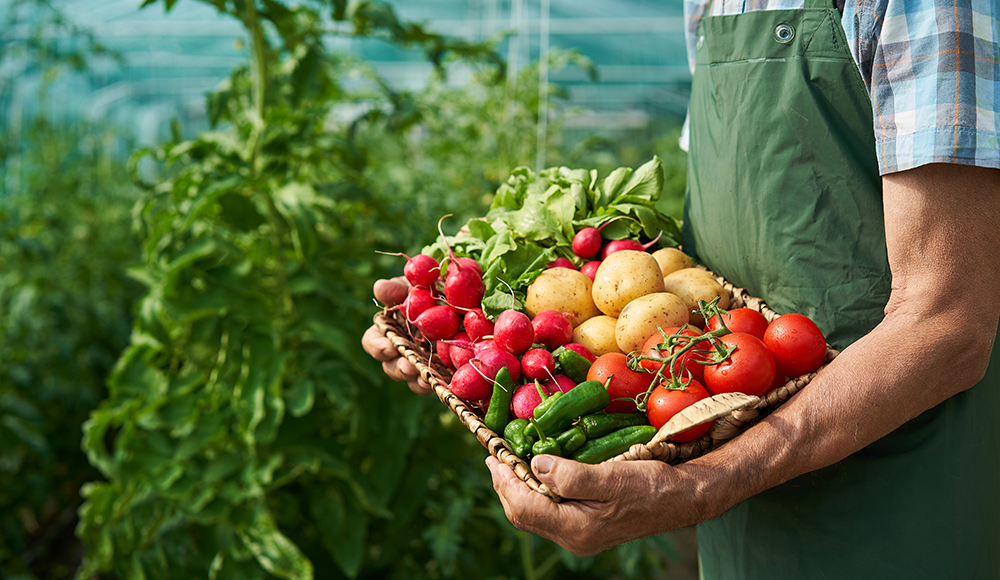
Spring herbs offer a variety of benefits from freshness and flavor. While herbs can be enjoyed all year long, spring harvest is the most enjoyable. Enjoy the minty aromas from spring harvest. Even though spring herb harvests are not as prolific as those of summer and autumn, it's still worth saving the plants for later use. A herb garden can enhance your kitchen and be a gift to your loved ones.
Semi-permanent perennials can also be grown from herbs. You can also plant herbs in containers to be used on your patio, balcony, or dry-garden. For easy care and a bright and cheery appearance, start herbs indoors or in a semi-permanent pot. It is better to plant them indoors in warm climates. Those living in tropical climates should take note that many plants may not thrive in the colder months.

In addition to fresh harvesting, herbs for spring are also great to cook with. The cool season is the best time to harvest your favorite flowers. However, plants that are exposed to colder temperatures need more water and more care. You can harvest the flower parts of the herbs during the spring months, but don't forget to use them before the plants die. In the spring, you can use them to season your dishes or make teas and potpourris.
Growing fresh herbs can be easy but you need to think about the growing process. There are two ways to plant herbs: as seeds and plants. While some herbs can be transplanted, some may be temperamental and may bolt prematurely. To grow chives, you can buy seeds and start them yourself. Also, it can take several month to plant seeds. Planting seeds from seeds requires preparation for transplantation.
If you would like to plant herbs in spring, ensure you have the proper conditions. Well-drained soil is the best place to grow herbs. It should also be free of weeds and keep moist. The best place to plant herbs for spring is in sunny areas. The soil should have a high level of organic matter and be free from stones or other debris. If possible, choose an herb variety with a low water requirement. You will see the herb species flourish.

You can grow herbs from seeds or you can harvest them yourself. The most popular herb is dill, but you can also plant dandelion, poppy, hawthorn, and elderflower. It is best to start herbs for spring from seeds. They can thrive in almost any climate, which is a big advantage over most vegetables. Sow them wherever you live. They will survive in a warm, sunny place.
FAQ
How often should my indoor plants be watered?
Indoor plants need watering once every two days. It is important to maintain the humidity level in your home. Humidity is crucial for healthy plants.
How big is a vegetable gardening space?
The rule of thumb is to use 1/2 pound seed per square foot. You will need 100 pounds of seed if your area is 10 feet by 10 foot (3 meters by 3 metres).
Which seeds can be planted indoors?
The best seed for starting indoors is a tomato seed. Tomatoes grow quickly and bear good fruit all year. Plant tomatoes in pots and be careful about putting them in the ground. Planting tomatoes too early can lead to soil drying out which could lead roots to rot. Be aware of diseases like bacterial wilt which can quickly kill plants.
Statistics
- According to the National Gardening Association, the average family with a garden spends $70 on their crops—but they grow an estimated $600 worth of veggies! - blog.nationwide.com
- As the price of fruit and vegetables is expected to rise by 8% after Brexit, the idea of growing your own is now better than ever. (countryliving.com)
- It will likely be ready if a seedling has between 3 and 4 true leaves. (gilmour.com)
- Most tomatoes and peppers will take 6-8 weeks to reach transplant size so plan according to your climate! - ufseeds.com
External Links
How To
How do I keep weeds out of my vegetable garden?
Growing healthy vegetables is difficult because of weeds. They compete for space, water, nutrients, sun, and sunlight. To prevent them from taking over your garden, use these tips:
-
When they flower, take all the plants with you
-
Clean up any plant debris at the base
-
Mulch is a good choice
-
Drink water frequently
-
Rotate crops
-
Don't let the grass grow too long
-
Keep soil moist
-
Plant early
-
Harvest often
-
Add compost
-
Avoid chemical pesticides
-
Organic vegetables are best
-
Heirloom seeds available
-
Start small
-
Learn more about companion planting
-
Be patient
-
Enjoy gardening!